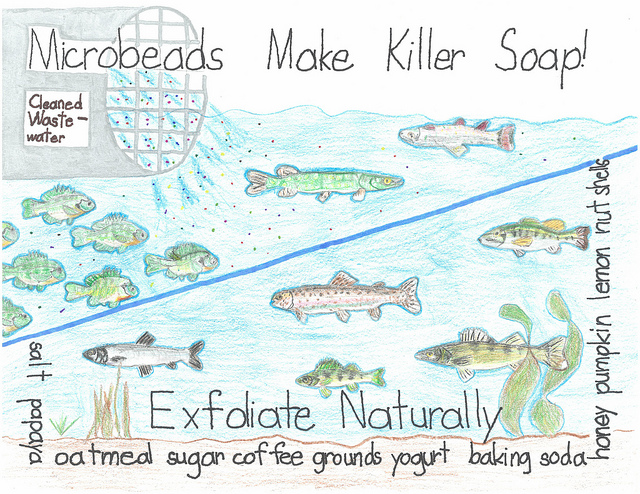-
Tips for becoming a good boxer - November 6, 2020
-
7 expert tips for making your hens night a memorable one - November 6, 2020
-
5 reasons to host your Christmas party on a cruise boat - November 6, 2020
-
What to do when you’re charged with a crime - November 6, 2020
-
Should you get one or multiple dogs? Here’s all you need to know - November 3, 2020
-
A Guide: How to Build Your Very Own Magic Mirror - February 14, 2019
-
Our Top Inspirational Baseball Stars - November 24, 2018
-
Five Tech Tools That Will Help You Turn Your Blog into a Business - November 24, 2018
-
How to Indulge on Vacation without Expanding Your Waist - November 9, 2018
-
5 Strategies for Businesses to Appeal to Today’s Increasingly Mobile-Crazed Customers - November 9, 2018
Murphy urges Senate to vote on bill to ban microbeads
The Microbead-Free Waters Act of 2015, (H.R. 1321) co-sponsored by U.S. Rep. Fred Upton, R-St Joseph, and Rep. Frank Pallone, D-New Jersey, passed the U.S. House of Representatives by unanimous voice vote on Monday, Dec. 7.
Advertisement
“Most people who buy personal care products that contain microbeads are unaware that these tiny bits of plastic seep into waterways, threatening the environment and ultimately our health”, Pallone said in a statement after the vote. Microbeads can flow into rivers, lakes and streams where, they can be mistaken for food by fish.
“These microbeads are tiny plastic, but big time pollution”, Upton added in another release. “They may be smaller than a pinhead, but once they’ve been flushed down the drain is where the problem starts”. Research conducted in 2013 by the State University of NY found that the lakes were riddled with microbeads, with Lake Ontario containing an estimated 1.1m plastic particles per square kilometer. “It is our responsibility to implement a nationwide ban on plastic microbeads, and spur a transition to non-synthetic alternatives”. Erie County recently passed its own ban on the sale of products with microbeads, and would only be reinforced by a federal ban on the production of products with microbeads.
Instead of retrofitting wastewater plants with filters capable of catching microbeads, many states have taken the less expensive route of enacting legislation limiting their use.
“Action at the federal level sends a strong message that the true solution to the problem of plastic pollution in US waters must focus on the sources”, said Molly Flanagan, Alliance for the Great Lakes vice president for policy.
Similar legislation is pending in the U.S. Senate.
Advertisement
California and a collection of other states and municipalities across the country have adopted microbead bans.




























